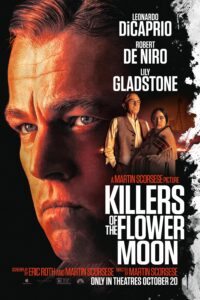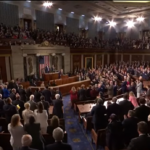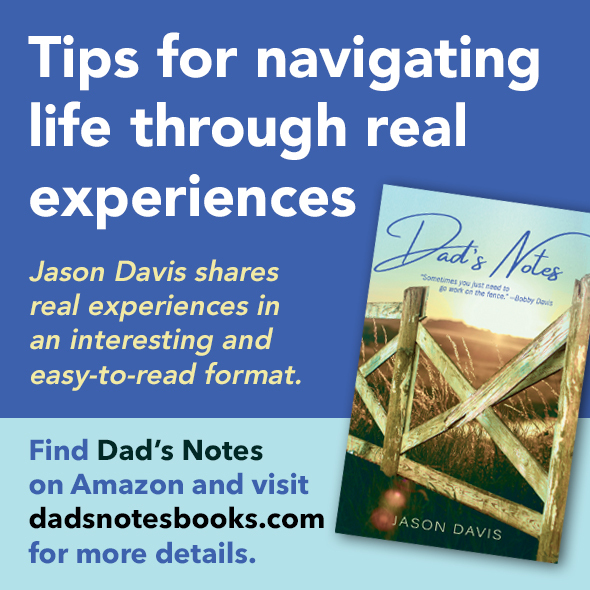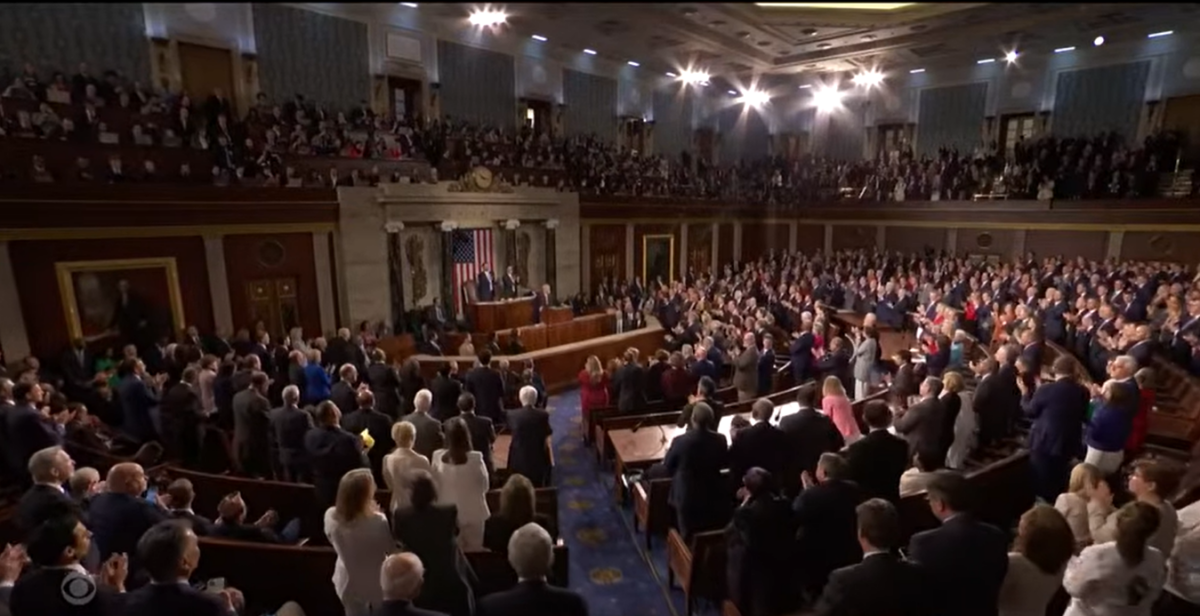For history enthusiasts who enjoy movies — particularly films that might make history teachers roll their eyes — you may be excited to know that another one is coming to theaters around Thanksgiving: “Napoleon,” based on the former emperor of the French.
It’s one of many films based on historic figures — and one that reportedly will try to capture every R-rated detail it can.
In recent months, movies like “Oppenheimer” and “Killers of the Flower Moon” have grabbed headlines for their focus on compelling moments in history that many may not know much about.

RELATED: Check out more stories here.
All three of these movies are rated R for their content that is anything but family friendly.
It can be a little depressing for those who want to avoid “grisly images,” “prolonged nudity” and strong language. It seems like Hollywood believes these types of movies need a combination of all of the above in order to be realistic — and of course draw audiences.
I wouldn’t be surprised if the movies mentioned above garner nominations for various awards, and I’m sure I will be teased with declarations of how moving and important these films are to see. For me, though, it is disappointing when I see Christian leaders on social media declaring these movies to be something we all need to watch to truly understand or learn about what happened during a particular time period.
Here’s what I know: It’s R for a REASON. It’s another level of language, violence, sexual content and whatever other disturbing material you want to throw in. Want to see a disturbing image you can’t get out of your head? Start with the letter R.
Do we really need Hollywood teaching us their version of history, anyway?
This summer, there was plenty of discussion and hype about “Oppenheimer” — the film that delves into the life of the man who helped develop and design the atomic bomb. And oh yea, he evidently was involved in an extramarital affair.

The director decided it was important to spotlight the intimate details of that relationship in the film, which earned the movie an R rating for “sex scenes and prolonged nudity.” I know of some who took their families to see it — kids and all!
More recently, “Killers of the Flower Moon” hit theaters with an R rating for “violence, some grisly images and language.”
This film shines a light on the horrific, systematic killings of wealthy Osage Indians in the 1920s who discovered their land was rich with oil — and soon greedy men from outside the Osage Nation began finding ways to control the money. There also were others with authority who chose to do nothing to stop it.
No doubt, these are important stories for Americans to discuss and learn about. I don’t deny that. But do believers — or anyone — need to see every blood-soaked detail and wade through all of Hollywood’s extreme content to understand the tragedy that befell the Osage Indians or all that impacted the making of the atomic bomb?
Are there other options? With a quick internet search, people can probably find more decent documentaries and websites dedicated to history’s most notable characters and moments than they know what to do with — and many of these may be far more accurate and cleaner than anything Hollywood typically produces.
Graphic content

Are there exceptions I’ve made to this viewpoint through the years?
Yes, I admit, I’ve seen “Saving Private Ryan,” “Glory,” “Schindler’s List,” and even more recently, “All Quiet on the Western Front,” which all definitely depict disturbing but important moments in our past.
And let’s not forget “The Passion of the Christ,” which definitely impacted lives in a positive way but was rated R for its graphic depiction of the crucifixion. I’m not saying I won’t see the sequel, which is reportedly set to begin production in 2024. But I’ve definitely gotten my fill of all of the violence and other graphic content that Hollywood likes to release in the name of retelling historic moments.
As my dad often told me: “Once you see something, you can’t unsee it.” It’s always somewhere in your mind — and there are some things I just don’t want there.










